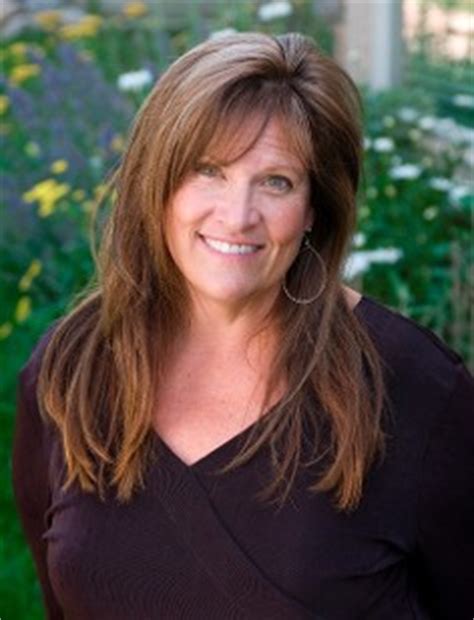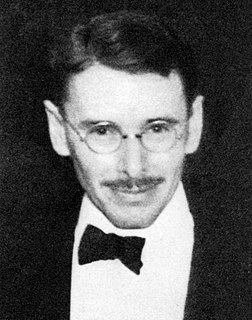A Quote by Maria Montessori
Except when he has regressive tendencies, the child's nature is to aim directly and energetically at functional independence.
Quote Topics
Related Quotes
Nature is not primarily functional. It is primarily beautiful. Stop for a moment and let that sink in. We’re so used to evaluating everything (and everyone) by their usefulness that this thought will take a minute or two to begin to dawn on us. Nature is not primarily functional. It is primarily beautiful. Which is to say, beauty is in and of itself a great and glorious good, something we need in large and daily doses.
Love is unconditional acceptance. It is love of parents for child; also the non-possessive love of partners; also the caring love between all people that enables forgiveness. It's above energy, though it may be expressed energetically. It's our essential nature: Spirit itself, the quality we share with God. And it is the binding force of the Universe, inherent in all that is.
Karma is often wrongly confused with the notion of a fixed destiny. It is more like an accumulation of tendencies that can lock us into particular behavior patterns, which themselves result in further accumulations of tendencies of a similar nature... But is is not necessary to be a prisoner of old karma.
The aim of poetry, it appears, is to fill the mind with lofty thoughts--not to give it joy, but to give it a grand and somewhat gaudy sense of virtue. The essay is a weapon against the degenerate tendencies of the age. The novel, properly conceived, is a means of uplifting the spirit; its aim is to inspire, not merely to satisfy the low curiosity of man in man.
Modern man has transformed himself into a commodity; he experiences his life energy as an investment with which he should make the highest profit, considering his position and the situation on the personality market. He is alienated from himself, from his fellow men and from nature. His main aim is profitable exchange of his skills, knowledge, and of himself, his "personality package" with others who are equally intent on a fair and profitable exchange. Life has no goal except the one to move, no principle except the one of fair exchange, no satisfaction except the one to consume.p97.


































